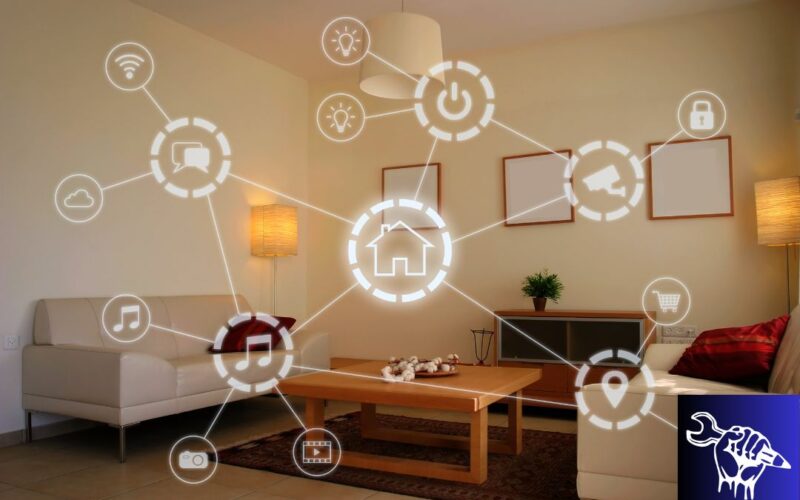Smart home devices, offering a blend of convenience and innovation, have become integral to modern living. From their early roots in home automation to today’s advanced systems, these devices have seen significant evolution. This article explores the worth of integrating such technology into our homes, providing insights to help readers make informed decisions on the adoption of smart home devices.
Types of Smart Home Devices
Home automation
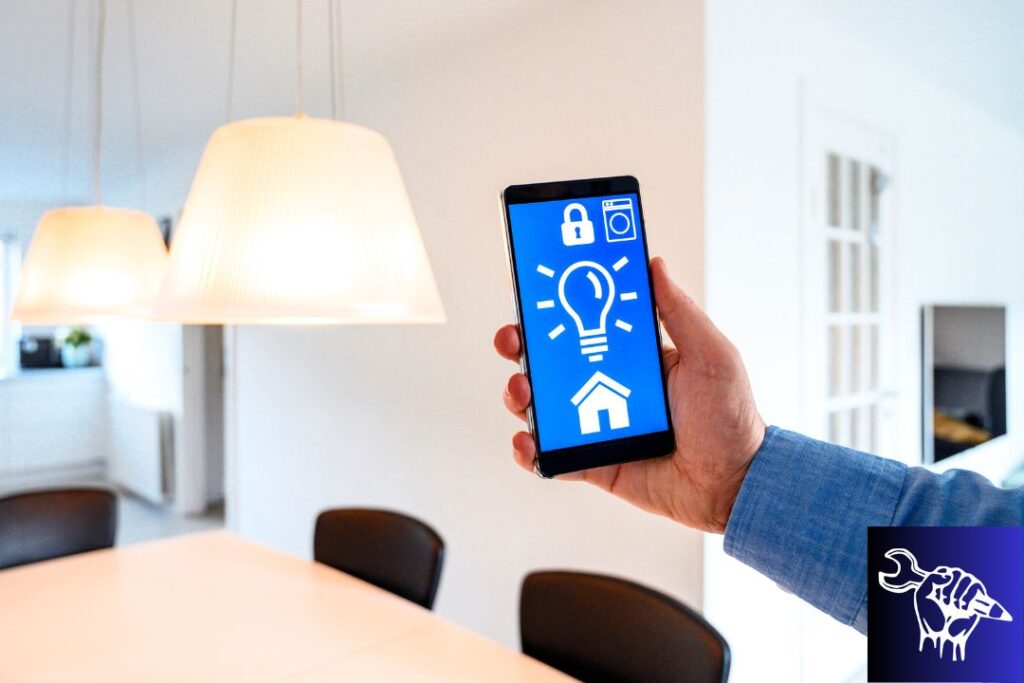
- Lights: Automated LED lighting systems offer both convenience and energy savings, allowing users to control brightness and color remotely.
- Thermostats: Smart thermostats learn user preferences over time, adjusting temperatures accordingly to enhance comfort and efficiency.
- Locks: Smart locks provide enhanced security and convenience, enabling remote access and monitoring.
Home security
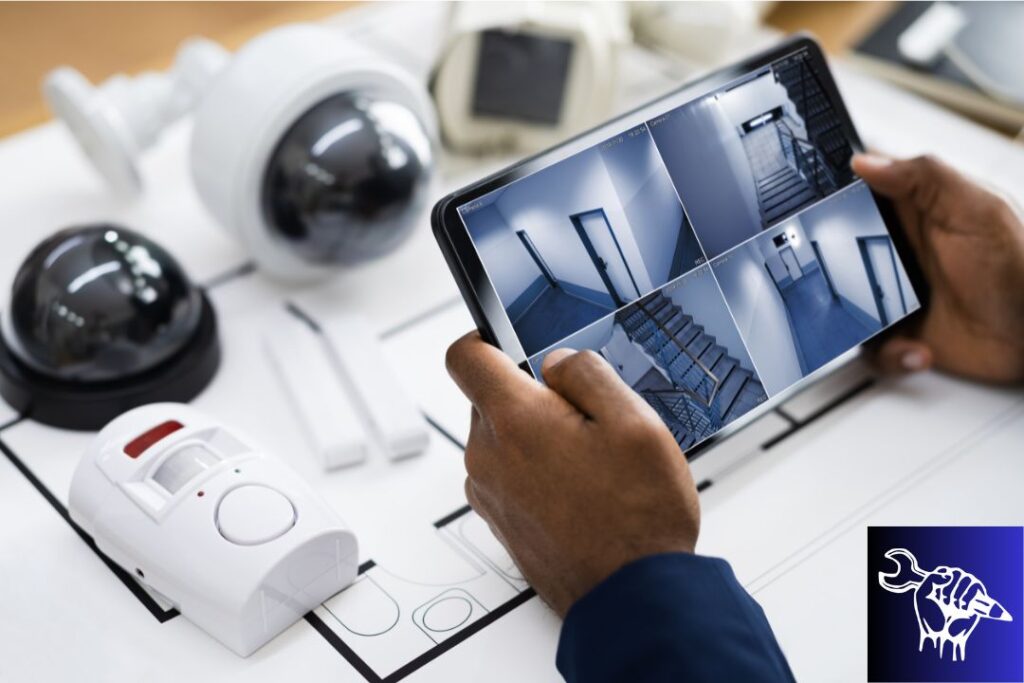
- Cameras: Smart cameras offer real-time surveillance, motion detection, and remote viewing, ensuring home security.
- Sensors: These detect movements, openings, or environmental changes, sending alerts to homeowners.
- Alarms: Integrated smart alarms offer immediate alerts and can be linked to emergency services for prompt response.
Home entertainment
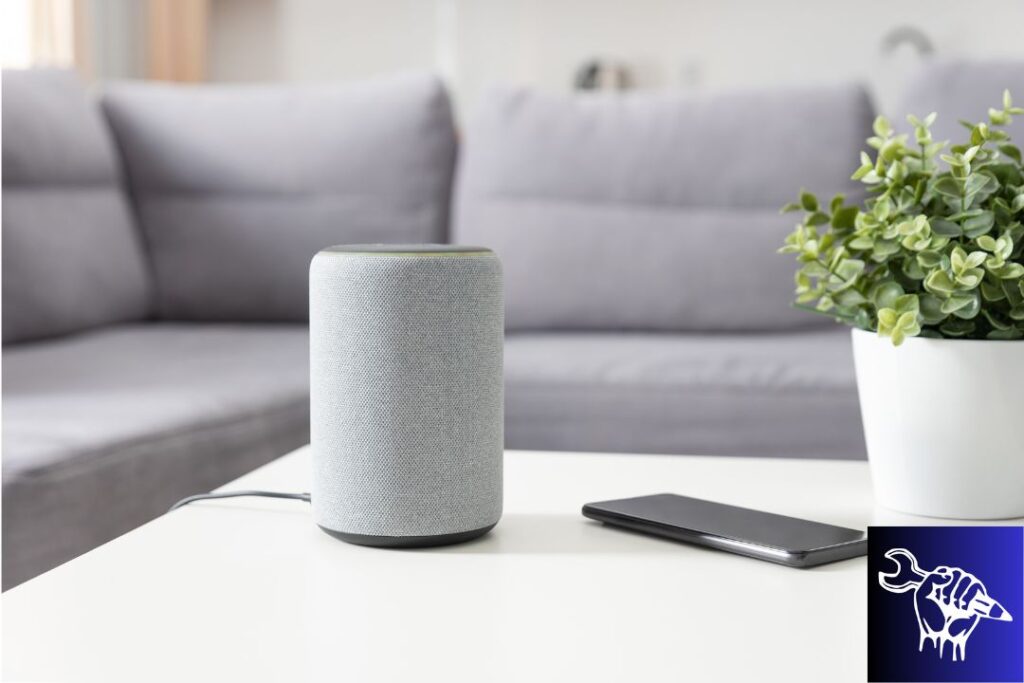
- Smart TVs: Offering a plethora of streaming services and customizations, smart TVs have revolutionized home entertainment.
- Audio Systems: Smart audio systems deliver high-quality sound and can be controlled via voice or apps, creating immersive experiences.
Home assistance
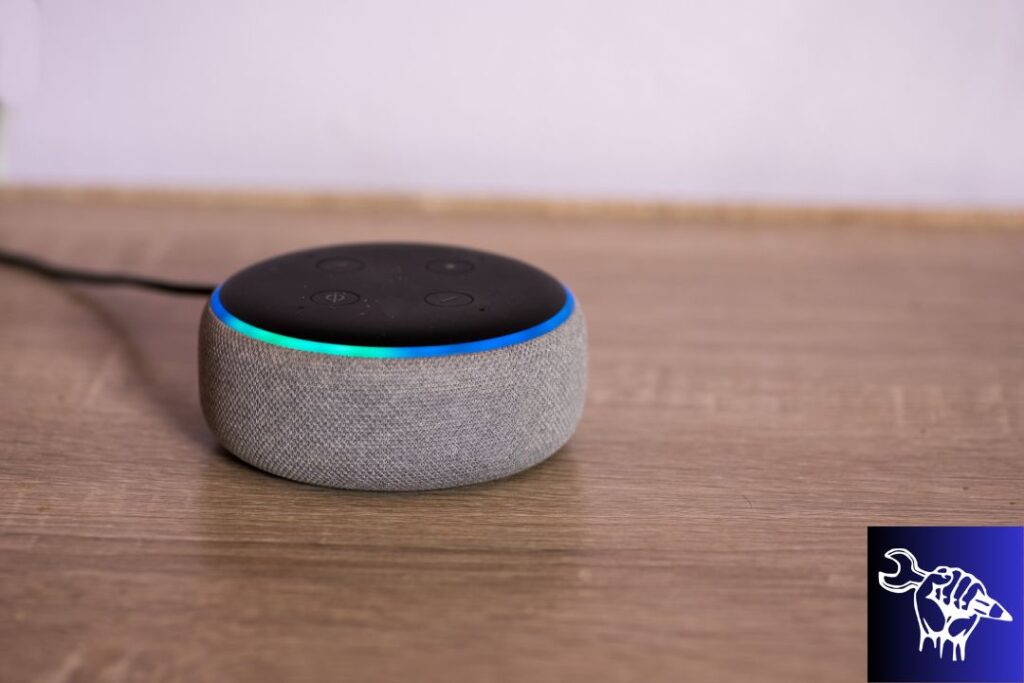
- Smart Speakers and Virtual Assistants: These devices respond to voice commands, answer queries, control other smart devices, and offer a range of assistance services, making daily life more convenient.
You may also like: How to choose a bathtub?
Benefits of Smart Home Devices
Convenience and Efficiency
- One of the most notable benefits of integrating smart home devices is the unparalleled convenience and efficiency they introduce to daily living. From automating routine tasks to allowing remote control of home appliances, these devices streamline household management, making life notably easier and freeing up valuable time for users. The ability to control various aspects of home life with a simple tap on a smartphone or a voice command contributes to a smoother, more comfortable living experience.

Energy Savings and Sustainability
- Smart home devices are at the forefront of promoting energy efficiency and sustainability. Devices such as smart thermostats and intelligent lighting systems are engineered to optimize energy consumption, automatically adjusting to usage patterns and environmental conditions. This not only results in significant cost savings on utility bills but also fosters a more eco-friendly living environment by reducing energy waste and contributing to a smaller carbon footprint.
Security and Safety Enhancements
- The advancements in smart security systems, encompassing cameras, sensors, alarms, and smart locks, have revolutionized home safety. These devices offer real-time monitoring, instant alerts, and remote access, providing homeowners with enhanced security and peace of mind. The ability to monitor home environments remotely and receive immediate notifications of any irregularities or potential threats significantly elevates the safety levels of residences.
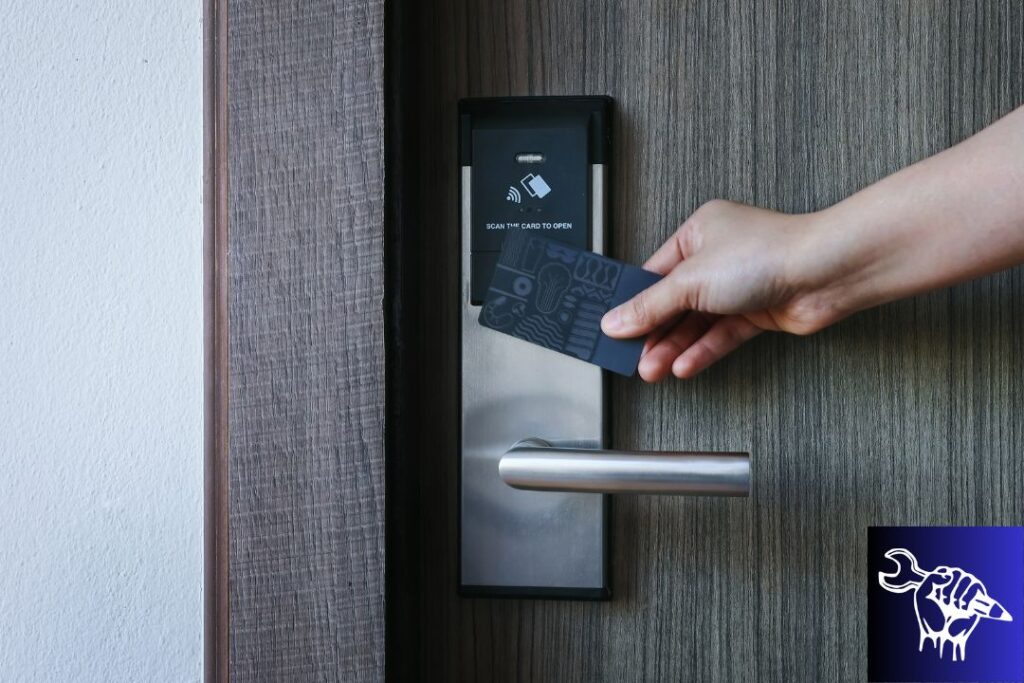
Accessibility and Customization
- The adaptability and customization options offered by smart home devices are key factors in their growing popularity. Users can tailor settings to suit their individual needs and preferences, enabling a more personalized and user-friendly experience. Voice control and compatibility with virtual assistants further enhance accessibility, making these devices a practical and valuable addition to any home, catering to the diverse needs of all household members.
Is it Worth Buying Smart Home Devices?
Evaluating Long-Term Savings vs. Initial Costs
- When considering the acquisition of smart home devices, it is essential to analyze the balance between the initial investment and the potential long-term savings. While the upfront costs of purchasing and installing these devices can be substantial, the cumulative savings on energy bills and the added value of convenience and security can outweigh the initial expenditure over time. Consumers should conduct a thorough cost-benefit analysis, taking into account the longevity and durability of the devices, to determine if the investment is justified.
Assessing the Impact on Lifestyle and Daily Routine
- The influence of smart home devices on one’s lifestyle and daily routines is another vital consideration. The automation and remote control capabilities of these devices can significantly enhance comfort and convenience, thereby improving the quality of life. However, it’s important for prospective buyers to reflect on their specific needs and preferences, and evaluate whether the functionalities offered align with their lifestyle and contribute to meaningful improvements in their daily living.
Weighing the Importance of Privacy and Security
- In an era where data privacy and security are paramount, weighing the implications of integrating connected devices into the home is crucial. Smart home devices, while offering enhanced security features, also raise concerns about data breaches and unauthorized access. Prospective buyers should research the security protocols of different devices, scrutinize the reputation of manufacturers in safeguarding user data, and consider the importance of privacy in their decision-making process. Balancing the benefits of advanced security features with potential privacy risks is essential in making an informed purchasing decision.




